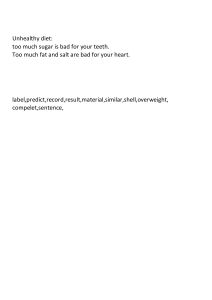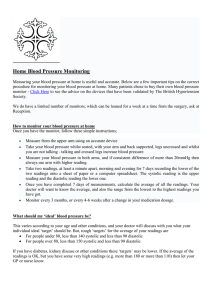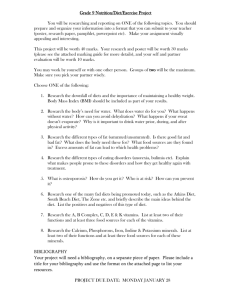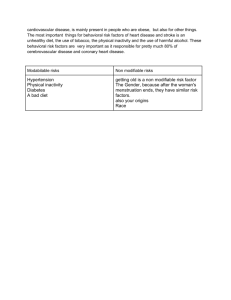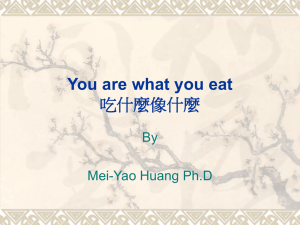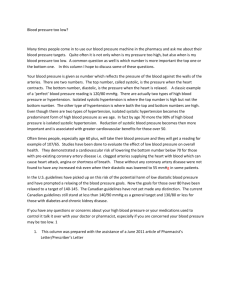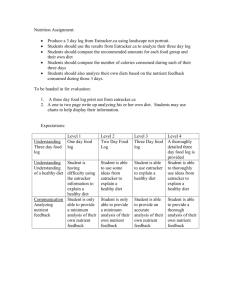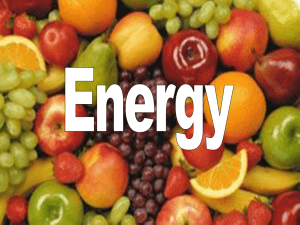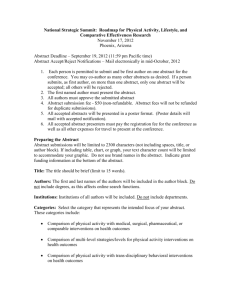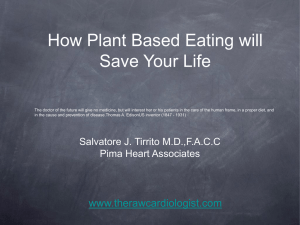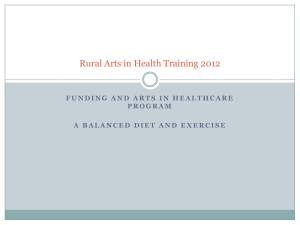How to Lower Your Blood Pressure
advertisement
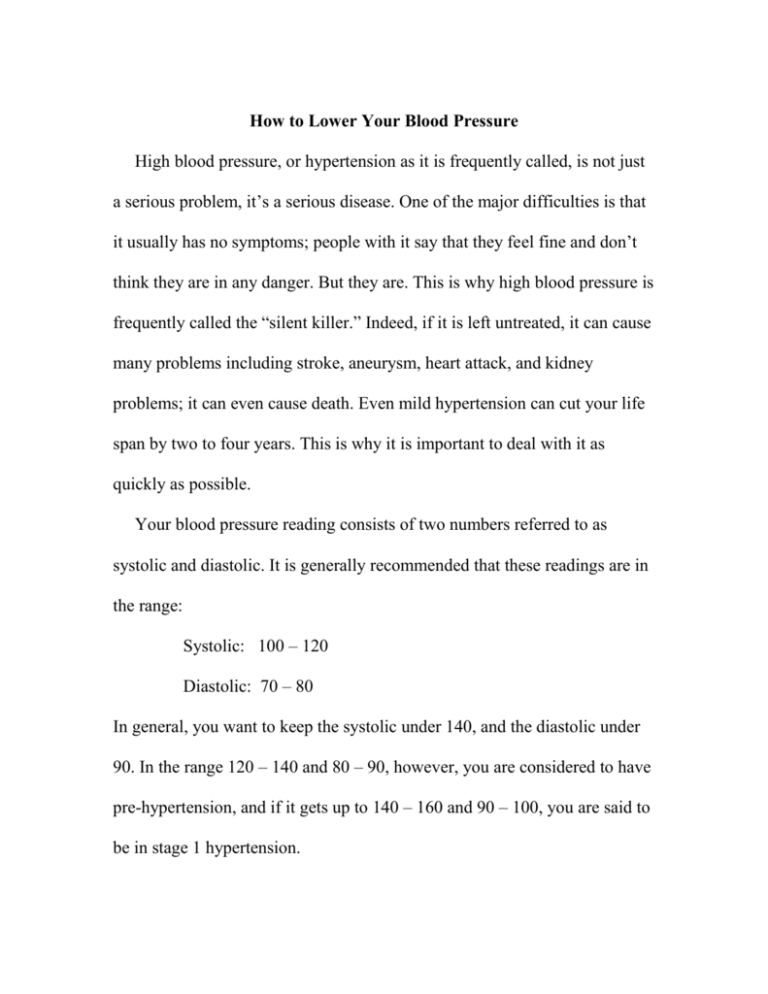
How to Lower Your Blood Pressure High blood pressure, or hypertension as it is frequently called, is not just a serious problem, it’s a serious disease. One of the major difficulties is that it usually has no symptoms; people with it say that they feel fine and don’t think they are in any danger. But they are. This is why high blood pressure is frequently called the “silent killer.” Indeed, if it is left untreated, it can cause many problems including stroke, aneurysm, heart attack, and kidney problems; it can even cause death. Even mild hypertension can cut your life span by two to four years. This is why it is important to deal with it as quickly as possible. Your blood pressure reading consists of two numbers referred to as systolic and diastolic. It is generally recommended that these readings are in the range: Systolic: 100 – 120 Diastolic: 70 – 80 In general, you want to keep the systolic under 140, and the diastolic under 90. In the range 120 – 140 and 80 – 90, however, you are considered to have pre-hypertension, and if it gets up to 140 – 160 and 90 – 100, you are said to be in stage 1 hypertension. What should you do to reduce these numbers? Let’s begin by looking at the major reasons for high blood pressure. They are: ● genetic ● lack of exercise ● stress ● overweight ● cigarette smoking ● high cholesterol ● too much salt in the diet ● too much salt and trans fat in the diet Below I will give you a 10-point program for reducing blood pressure, but first let’s look at diet. A diet called DASH (Diet Appropriate for Stopping Hypertension) has been shown to be very effective in decreasing hypertension. Its major components are: ● Eat more grains, vegetables, and fruit. ● Eat poultry, fish, nuts and seeds. ● Limit the amount of salt in your diet. ● Keep saturated fat to a minimum, and keep cholesterol low. ● Use low fat or no fat dairy products. Also, potassium is very effective, along with calcium and magnesium My Ten-Point Program: 1. Exercise. Get on the treadmill and get your heart beating. 2. Lower your intake of salt. 3. Increase your potassium intake. 4. Make sure you get enough calcium and magnesium. 5. Control stress. 6. Adhere to the DASH diet. 7. Lower saturated fat in the diet. 8. Lose weight if you are overweight. 9. Get enough fiber in your diet. 10. Stop smoking, if you smoke.
